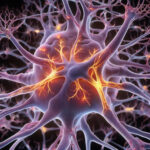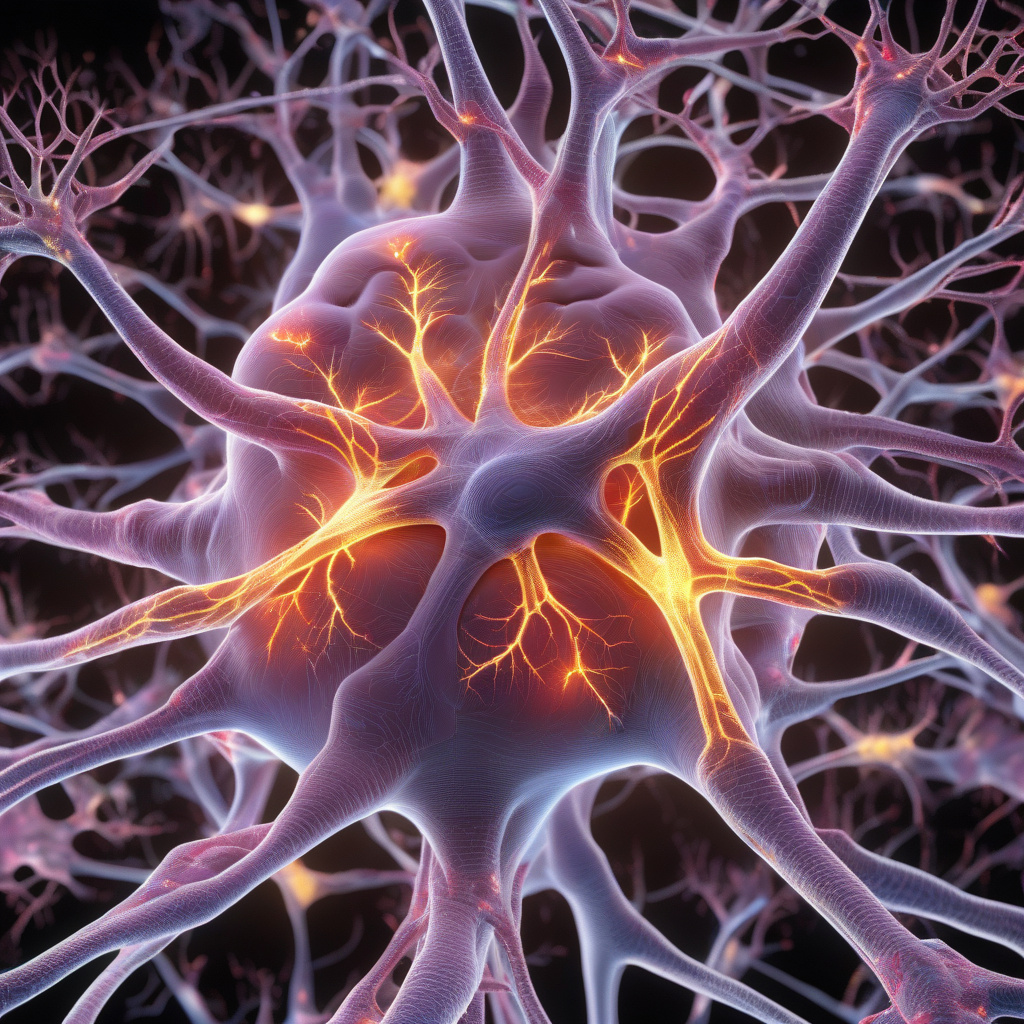Human Brains Continue to Generate Neurons Throughout Life, Study Reveals
For decades, scientists believed the human brain stopped producing new neurons after childhood. This long-held belief has been shattered by a groundbreaking study that demonstrates the brain’s remarkable ability to generate neurons even in old age. The findings challenge the traditional notion that adult brains have a finite capacity for neuronal growth, offering new insights into the potential for lifelong brain development and regeneration.
The study, published in a leading neuroscience journal, involved researchers analyzing brain tissue samples from individuals ranging in age from young adults to the elderly. Using advanced imaging techniques and molecular markers, the scientists were able to identify the presence of newly formed neurons in the brains of older participants. This discovery has significant implications for our understanding of brain plasticity and cognitive function across the lifespan.
One key aspect of the study’s findings is the identification of specific regions within the brain where neurogenesis, the process of generating new neurons, continues to occur in older individuals. While the rate of neuronal production may decline with age, the fact that it persists at all challenges previous assumptions about the brain’s capacity for regeneration. This revelation opens up new possibilities for interventions aimed at enhancing neurogenesis and potentially reversing age-related cognitive decline.
The implications of this research extend beyond basic neuroscience and into the realms of neurology, psychology, and even education. By demonstrating that the adult brain retains the ability to generate new neurons, the study suggests that ongoing mental stimulation and learning experiences can promote neuroplasticity and support cognitive health in later life. This has significant implications for the development of strategies to prevent or delay age-related neurodegenerative diseases such as Alzheimer’s.
Moreover, the study’s findings have the potential to revolutionize our approach to aging and mental health. By recognizing the brain’s capacity for ongoing growth and regeneration, we can shift our perspective from one of inevitable decline to one of potential growth and renewal. This paradigm shift opens up exciting possibilities for interventions such as cognitive training, physical exercise, and even pharmacological treatments that can support neurogenesis and cognitive function in older adults.
In conclusion, the discovery that the human brain continues to generate neurons throughout life represents a major breakthrough in neuroscience. By challenging long-standing beliefs about brain plasticity and regeneration, this study paves the way for new research directions and therapeutic interventions aimed at promoting healthy brain aging. The implications of this research are profound, offering hope for a future where age no longer dictates cognitive decline, but rather represents a phase of continued growth and development.
neuroscience, brain plasticity, cognitive function, neurogenesis, healthy aging












